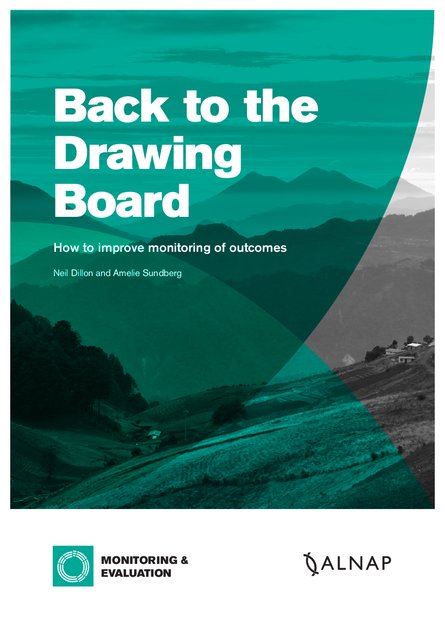
How can organisations provide holistic, meaningful analysis of the outcomes achieved by their activities? How can they situate their programming among the changes taking place around them? How can they understand the full set of changes experienced by an individual affected by crisis?
This paper aims to encourage humanitarian agencies to step back and reflect on what is currently being done to measure outcomes and how it can be improved in the future. It starts by identifying core assumptions and foundational thinking behind current monitoring systems. It then outlines issues arising from current practice, and concludes by raising questions about to think about this differently.
